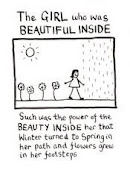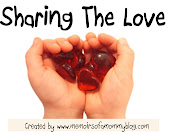This morning I was looking at a reward portfolio and found a book entitled "Blink." It's description said it is about those decisions we make in the blink of an eye, why we make the ones we do, and how we can make the process better. That sounded intriguing so I Googled it and found a question and answer by the author here. An excerpt from the author's description is below.
1. What is "Blink" about?
It's a book about rapid cognition, about the kind of thinking that happens in a blink of an eye. When you meet someone for the first time, or walk into a house you are thinking of buying, or read the first few sentences of a book, your mind takes about two seconds to jump to a series of conclusions. Well, "Blink" is a book about those two seconds, because I think those instant conclusions that we reach are really powerful and really important and, occasionally, really good.
You could also say that it's a book about intuition, except that I don't like that word. In fact it never appears in "Blink." Intuition strikes me as a concept we use to describe emotional reactions, gut feelings--thoughts and impressions that don't seem entirely rational. But I think that what goes on in that first two seconds is perfectly rational. It's thinking--its just thinking that moves a little faster and operates a little more mysteriously than the kind of deliberate, conscious decision-making that we usually associate with "thinking." In "Blink" I'm trying to understand those two seconds.His idea revolves around the details you focus on. Further along in the interview he gives examples of how changing what details are focused on has been used to improve situations. One example I found interesting involved Cook County Hospital in Chicago and chest pain diagnosis. Apparently the hospital told the doctors to ignore a lot of things they had been using to determine cause like age, weight and other bits of information and focus just on blood pressure and the ECG.
So, I'm thinking of adding this book to my reading list. If you have an opinion on the validity of his theory and examples please step in and give it. I'm not the greatest at critical analysis and certainly don't have enough info to discount any of his examples. I'm simply going by how logical it sounds. He seems to build a good case.


















No comments:
Post a Comment